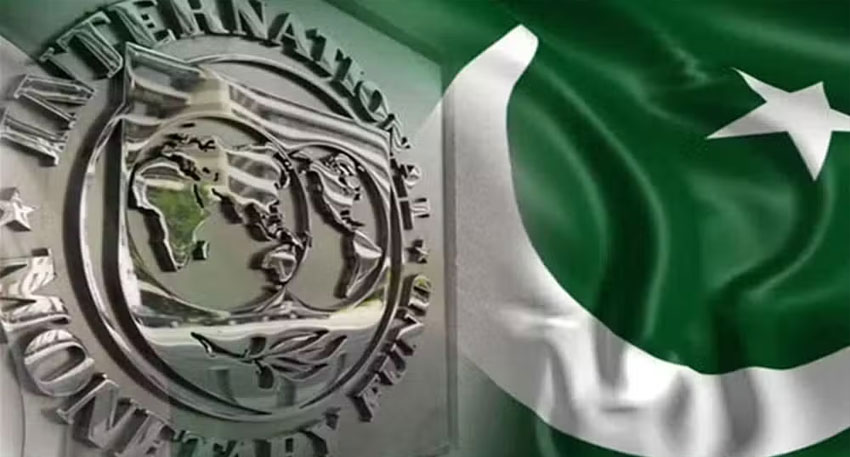
The federal government has met another major International Monetary Fund (IMF) requirement by making it compulsory for all officers in grade 17 and above to publicly declare their assets. The directive was issued after the Federal Board of Revenue (FBR) notified income tax SRO2263, amending the Sharing of Declaration of Assets of Civil Servants Rules, 2023.
Under the revised rules, mandatory public disclosure now extends far beyond federal ministries, covering provincial departments, autonomous bodies, state-owned enterprises, and government-controlled companies. Officials serving in both government and semi-government institutions must now submit complete details of their assets, including houses, plots, vehicles, bank deposits, and cash holdings.
This major revision makes asset records of public servants accessible to the public, enabling citizens to compare and track an official’s wealth from the start of their career to retirement. Previously, only a limited group of civil servants under the Civil Servants Act, 1973, were required to report their assets, leaving thousands of officials outside the transparency framework.
FBR sources confirmed that the new mandate applies uniformly to officers of key organisations such as WAPDA, PIA, Sui Gas companies, OGDCL, and various other autonomous and semi-autonomous entities.
Also Read: Punjab boards extend date for matric annual exams 2026
However, individuals exempt under the National Accountability Ordinance (NAO) 1999 remain outside the new disclosure regime, including judges, armed forces personnel, and other categories protected under NAB laws.
By significantly widening the definition of “public servant,” the government aims to strengthen transparency, tighten accountability, and address persistent concerns raised by the IMF over hidden or undeclared assets among state officials.




